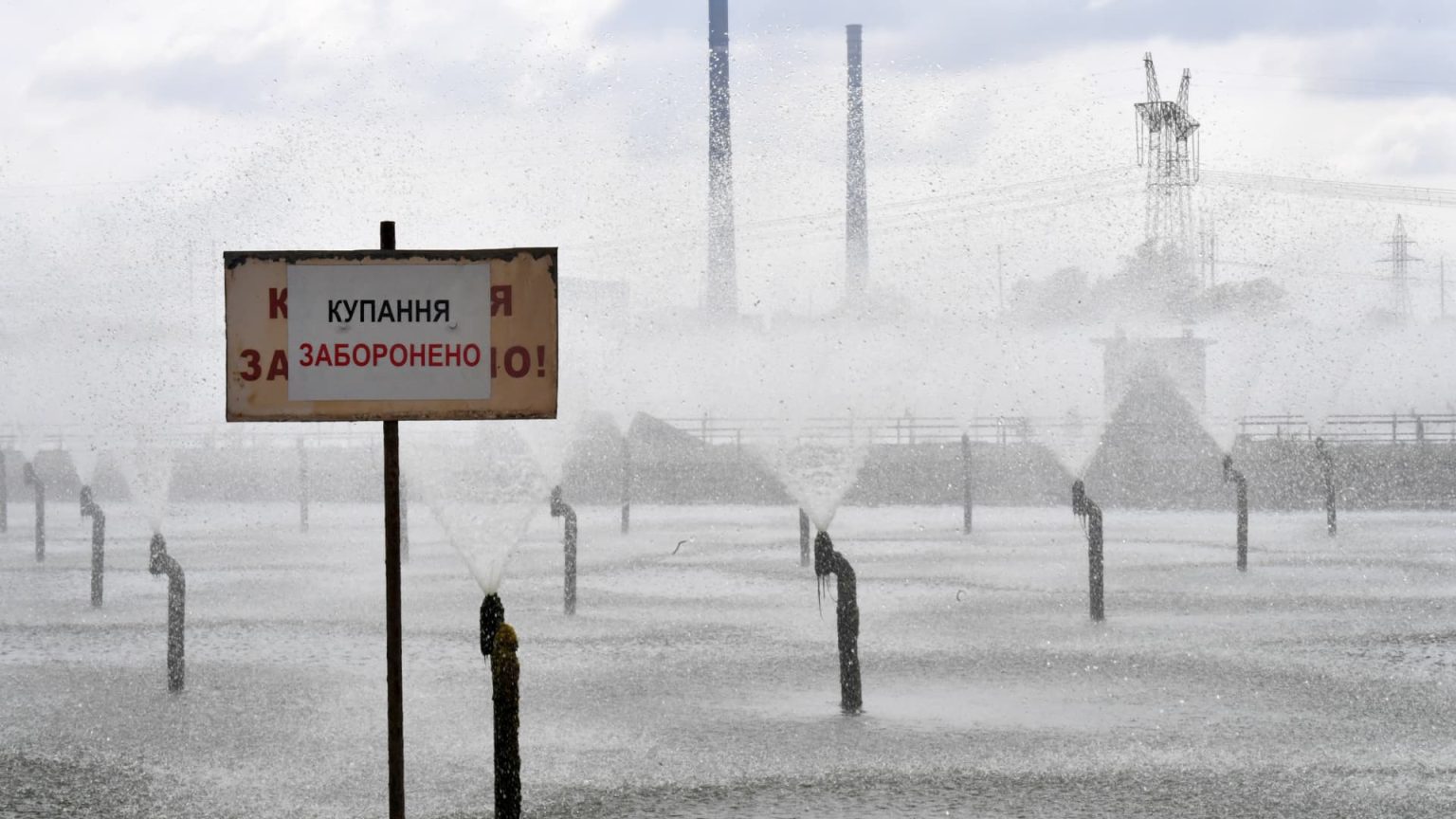The International Atomic Energy Agency (IAEA) issued a warning after drones attacked the Zaporizhzhia nuclear plant in southern Ukraine, the largest nuclear plant in Europe. This attack marked the first time since November 2022 that a nuclear facility had been directly targeted by military strikes. Despite the seriousness of the incident, the IAEA reported that there were no indications of critical damage at this stage. Both Russia and Ukraine have traded accusations over the attack, with Ukrainian President Volodymyr Zelenskyy calling for greater international support for his country’s air defense systems as Russia continues its aerial bombardment of Kharkiv and surrounding regions.
In addition to the attack on the Zaporizhzhia nuclear plant, Russia launched two dozen drone attacks on southern and eastern Ukraine overnight. These attacks primarily targeted critical infrastructure and damaged a logistics and transport facility in the Odesa region. The escalation of military actions in the region has raised concerns about the potential for further conflict and destruction. Russian Foreign Minister Sergei Lavrov traveled to China for talks on Ukraine and the situation in the Asia-Pacific region, indicating the global implications of the ongoing crisis.
The situation in Ukraine has become increasingly dire as Russia’s military actions intensify. The continued aerial bombardment and attacks on critical infrastructure pose a significant threat to the country’s stability and security. President Zelenskyy’s calls for international support highlight the urgent need for assistance in defending against further military aggression. The targeting of the Zaporizhzhia nuclear plant raises additional concerns about the potential for a nuclear disaster in the region, underscoring the need for immediate action to prevent further escalation of violence.
As the conflict in Ukraine continues to escalate, the international community faces a critical moment in responding to the crisis. The IAEA’s warning about the attack on the Zaporizhzhia nuclear plant underscores the potential dangers posed by the escalating military actions in the region. The need for diplomatic efforts to de-escalate the conflict and protect civilian populations has never been more urgent. The involvement of global powers such as China in discussions on the crisis highlights the complex geopolitical dynamics at play and the importance of finding a peaceful resolution to the conflict.
The attacks on critical infrastructure in Ukraine, including the Zaporizhzhia nuclear plant, have raised alarm bells about the potential for a humanitarian and environmental catastrophe. The targeting of nuclear facilities poses a significant risk to both the immediate vicinity and the broader region, underscoring the need for immediate action to prevent further attacks. The international community must work together to support Ukraine in defending against military aggression while also pursuing diplomatic solutions to the conflict. The future of Ukraine and the stability of the region hang in the balance as the crisis continues to unfold.
In light of the escalating conflict in Ukraine, it is imperative that the international community takes swift and decisive action to address the crisis. The targeting of critical infrastructure, including a nuclear plant, by Russian forces raises concerns about the potential for a broader humanitarian and environmental catastrophe. The urgency of the situation demands a coordinated and comprehensive response to protect civilian populations and prevent further escalation of violence. As diplomatic efforts continue and global powers engage in discussions on the crisis, the need for a peaceful resolution to the conflict remains paramount. The world is watching as events unfold in Ukraine, with the hope that a sustainable solution can be found to end the suffering and violence gripping the region.


